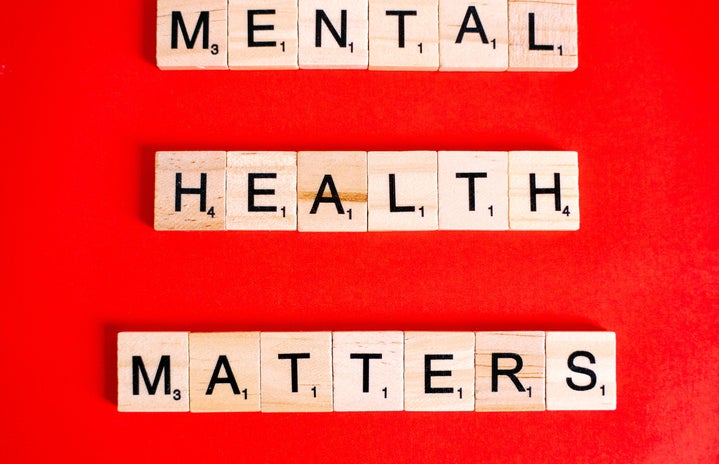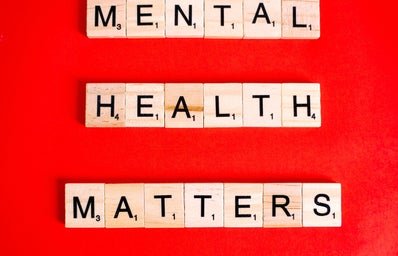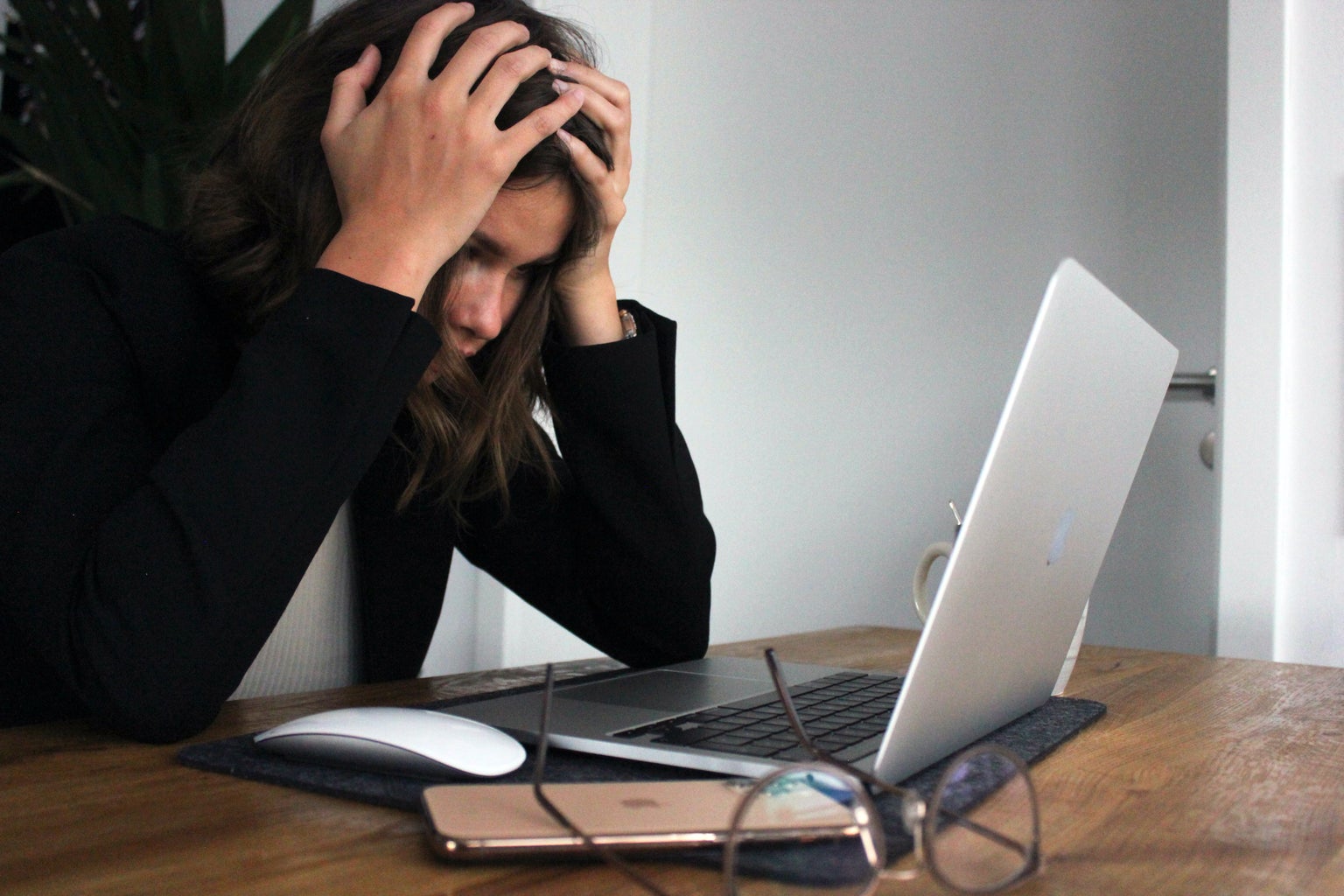India Recognizes World Mental Health Day 2024: A Call for Universal Mental Health Rights, Especially for Students
On October 10, 2024, India joined the world in observing World Mental Health Day, raising the spotlight on mental well-being with the theme, “Mental Health is a Universal Right.” The theme deeply resonated in India—a country where mental health discussions are gaining momentum but where long-standing stigmas and challenges still prevail. This year, the day drew much-needed attention to the mental health struggles of a critical segment of the population: students.
India’s student community faces a severe mental health crisis. According to the National Crime Records Bureau (NCRB), over 13,000 students—around 35 per day—die by suicide every year. The causes are complex and varied, with academic pressure, peer comparisons, family expectations, and fear of failure among the leading factors. For many students, mental health challenges often remain hidden or dismissed, creating a growing epidemic that calls for urgent attention.
Addressing the Crisis: Initiatives and Awareness Efforts
On World Mental Health Day 2024, India took steps to address this crisis, launching initiatives across the country focused on spreading awareness and advocating for mental health support, especially among students. The message was clear: Mental health is not a privilege but a universal right—and that right must be accessible to everyone, especially the youth.
The Mental Health Festival at AIIMS: A Beacon of Hope
One of the day’s most impactful events took place at AIIMS, New Delhi—one of India’s premier medical institutions. AIIMS hosted a Mental Health Festival, a groundbreaking event aimed at spreading awareness, breaking stigmas, and sparking open conversations. This festival became a beacon of hope for students and young people struggling with mental health issues, providing a much-needed space to talk and learn about mental wellness.
The festival featured interactive workshops by some of the country’s leading mental health experts, including Dr. R. Thara, Dr Nimesh G. Desai, and Dr. Soumitra Pathare. Sessions covered topics ranging from managing school and work-related stress to understanding and coping with anxiety and depression. These open forums allowed participants to discuss topics often considered taboo, offering a safe space to seek help without fear of judgment.
Using Technology for Mental Health: AIIMS Goes Digital
A significant highlight of the festival was the unveiling of digital mental health platforms by AIIMS. These platforms aim to bring mental health resources to India’s rapidly growing digital population. By offering online counselling, self-assessment tools, and partnerships with mental health apps like Wysa and YourDost, the initiative encourages people to seek support in a way that’s both accessible and discreet.
NGOs and Local Efforts: Extending Mental Health Services to Marginalized Communities
Outside AIIMS, NGOs collaborated with local governments in cities like Mumbai and Delhi to bring mental health services to underserved areas. These efforts included setting up mental health camps in low-income neighborhoods, providing services like stress management, free therapy, and depression screenings. These outreach programs are vital in closing the gap between urban and rural healthcare, where mental health resources remain scarce.
What’s Next: A Long Road Ahead
While the events of World Mental Health Day 2024 mark a step forward, there’s still a long way to go. India needs a comprehensive mental health strategy that includes public education, accessible professional care, and the implementation of mental health policies, particularly in rural areas. Students—the future of the nation—deserve a support system that empowers them to cope with academic and societal pressures.
Events like the AIIMS Mental Health Festival are key to changing the narrative around mental health. Through these efforts, India is slowly but surely moving toward a future where mental health care is a universal right and not a distant goal. By emphasizing professional help, community-based solutions, and better policy implementation, the country can offer its youth the mental health support they need to thrive.




